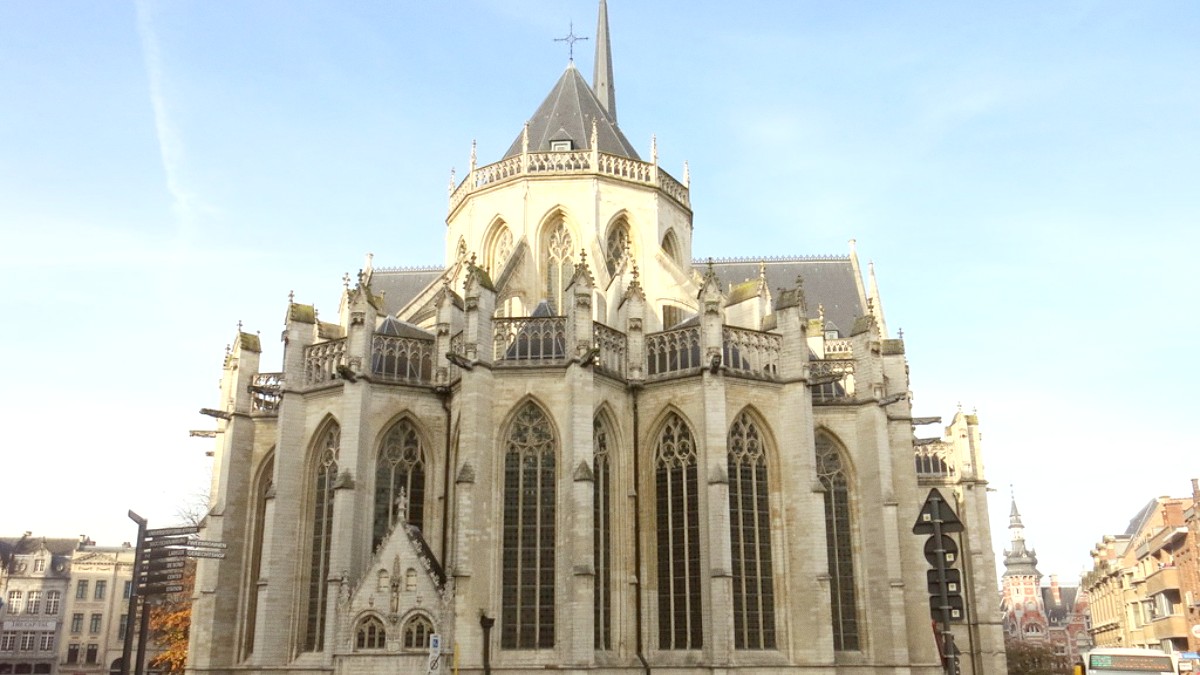
Belgium
Leuven is near several green areas and natural reserves. These include the Dijleland region, Meerdaalwoud, and Heverlee Woods. These areas are protected for biodiversity and recreation.
Belgium has strong recycling practices, and Leuven actively participates. Clearly marked bins for different waste types are found in public areas. Familiarize yourself with categories.
Tap water in Leuven is safe to drink and readily available. This lessens the need for single-use plastic water bottles. Carry a reusable water bottle and refill it from taps.
Travel choices matter for the planet.
Consider offsetting your flight emissions through reputable carbon offset programs. These programs invest in projects reducing greenhouse gas emissions elsewhere.
When booking your stay, look for hotels highlighting their sustainability efforts. Some properties might have certifications for environmental management or commitments to reducing energy, water, and waste.
Select tour operators committed to ethical practices and environmental preservation. They often prioritize local community benefits and sustainable tourism.
Opt for products from sustainable sources and support shops that promote reusables. This reduces waste and promotes eco-friendly consumption.
Carry a reusable water bottle and refill it.
Seek out companies with clear environmental commitments.
When visiting natural spaces like Meerdaalwoud, stay on designated paths and avoid littering. These areas are valuable for both locals and visitors.
Travel respectfully, embracing local customs.
Support local cultural institutions, museums, and traditional crafts. Your entry fees and purchases go directly to their maintenance and preservation.
Be polite, patient, and open to local customs. Belgians generally appreciate directness in communication, but always with politeness.
Always ask for permission before taking close-up photos of individuals, especially children. Be mindful of privacy in residential areas, specifically within the Great Béguinage, which is a living community.
When visiting churches or other religious sites, dress modestly. This means covering your shoulders and knees. Maintain a respectful silence, especially during services or when others are praying.
Your choices can directly benefit the local community. Choose local establishments over international chains whenever possible. This includes independent cafes, restaurants, bars, and shops. Be aware of and avoid any activities that exploit animals, the environment, or local communities.
Look for and support initiatives that directly involve and benefit local communities.
Seek out shops that promote fair trade products or directly support local artisans.
Choose local establishments over international chains whenever possible.